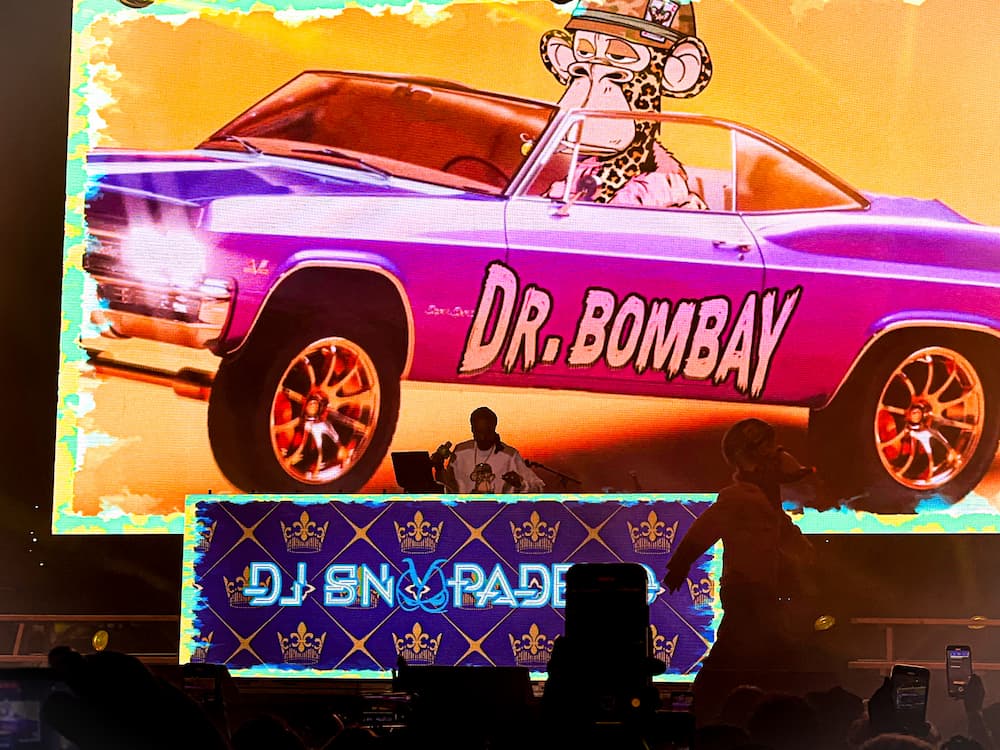
“Revolution is something that actually starts in individual hearts.”
- Bill Viola
The current zeitgeist is rife with a sense of impending change, a longing for a better future. While this yearning for transformation is a powerful force, it often leads to disappointment. The hope for a singular leader or solution to solve our problems can be misplaced, as change rarely benefits everyone equally. The current system, driven by centralized power and profit-driven capitalism, often leads to unequal distribution of wealth and a lack of control for the majority. This begs the question: what’s missing?
One potential answer lies in the burgeoning world of Decentralized Autonomous Organizations (DAOs). DAOs are essentially digital communities governed by pre-defined rules encoded in smart contracts on a blockchain. Unlike traditional organizations, they lack a central authority and operate autonomously, allowing members to participate in decision-making and governance. This decentralized structure has the potential to disrupt traditional models of value creation and distribution.
Traditional models rely on a system where value is primarily measured in government-backed fiat currencies. This system often benefits a select few who control the majority of assets, leaving the majority of individuals in a precarious position. DAOs, however, introduce a different paradigm. Value within a DAO is determined by the strength of its network and the community supporting it. Following Metcalfe’s Law, the value of a network is directly proportional to the square of the number of connected users. This means that a DAO’s value increases exponentially with the size and engagement of its community.
This community-driven model can potentially address the inherent flaws of both pure capitalism and socialism. While capitalism often results in unequal distribution of wealth, socialism struggles with the “Tragedy of the Commons,” where individual self-interest leads to resource depletion and a lack of efficient decision-making. DAOs, on the other hand, can combine the best aspects of both systems. By allowing communities to self-govern and pursue their own interests, DAOs can encourage collaboration, shared resource management, and the equitable distribution of value.
Imagine a future where thousands of DAOs exist, each representing a specific interest or community, and each operating autonomously based on shared values. This decentralized system, driven by individual self-interest within a community framework, could potentially create a more equitable and efficient distribution of value, guided by the “invisible hand” of collective action.
The potential of DAOs is vast, but it’s important to acknowledge their limitations. Implementing them effectively requires overcoming technical challenges and establishing robust governance models. However, the potential benefits of decentralized governance and community-driven value creation outweigh these obstacles.
By embracing DAOs, we can move beyond the limitations of traditional systems and explore new ways to create a more inclusive and prosperous future. We need to foster a culture of trust, collaboration, and experimentation, allowing communities to self-organize and redefine value based on shared interests and principles. The future of value distribution lies not in centralized control but in the power of decentralized communities empowered by the technology of DAOs.